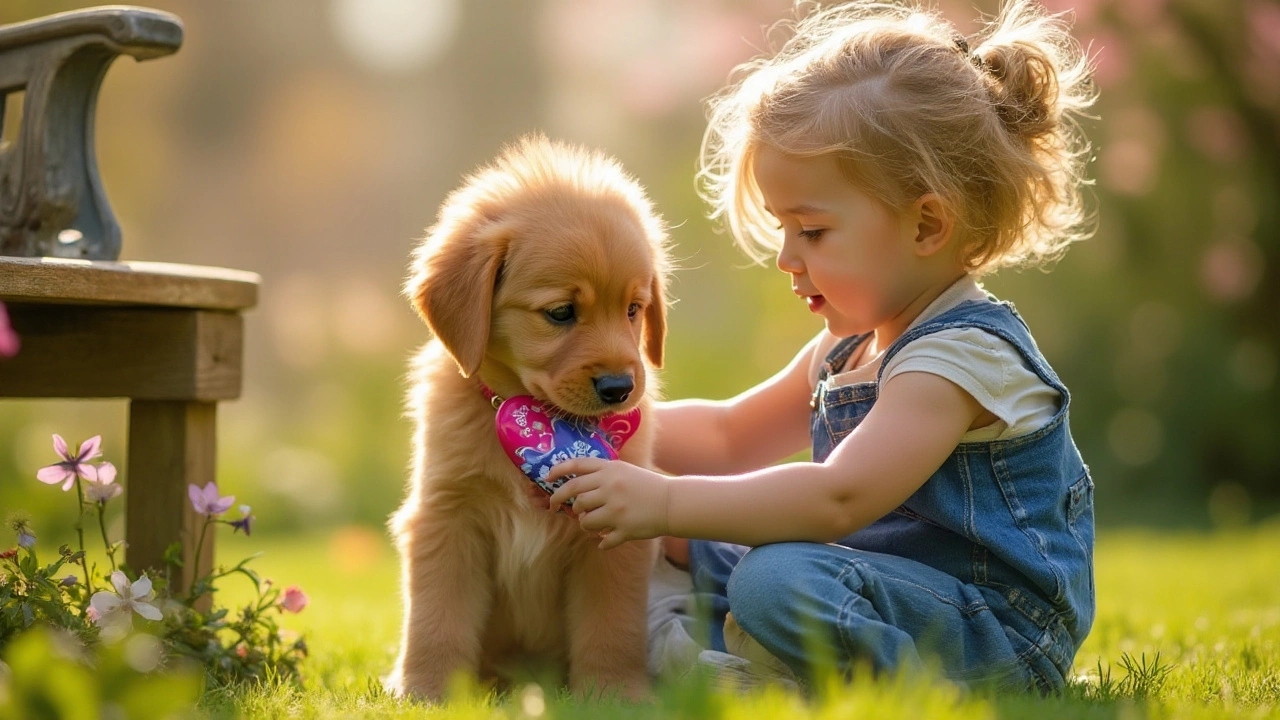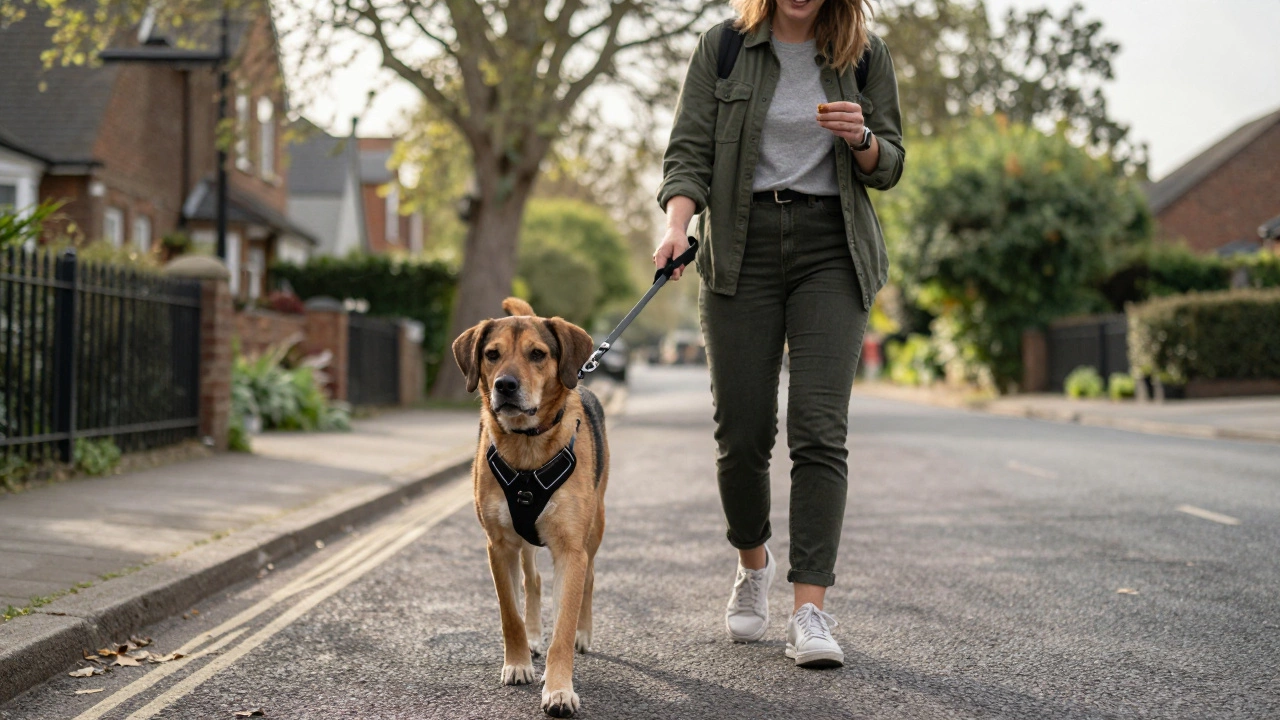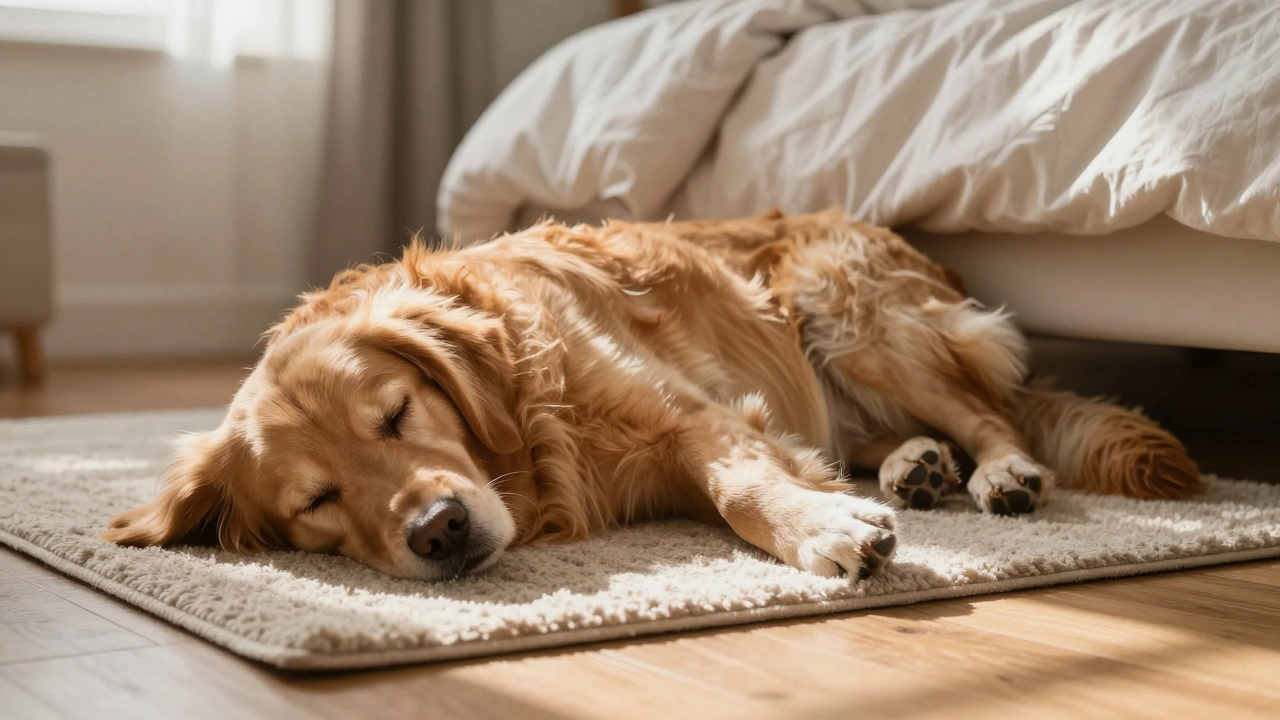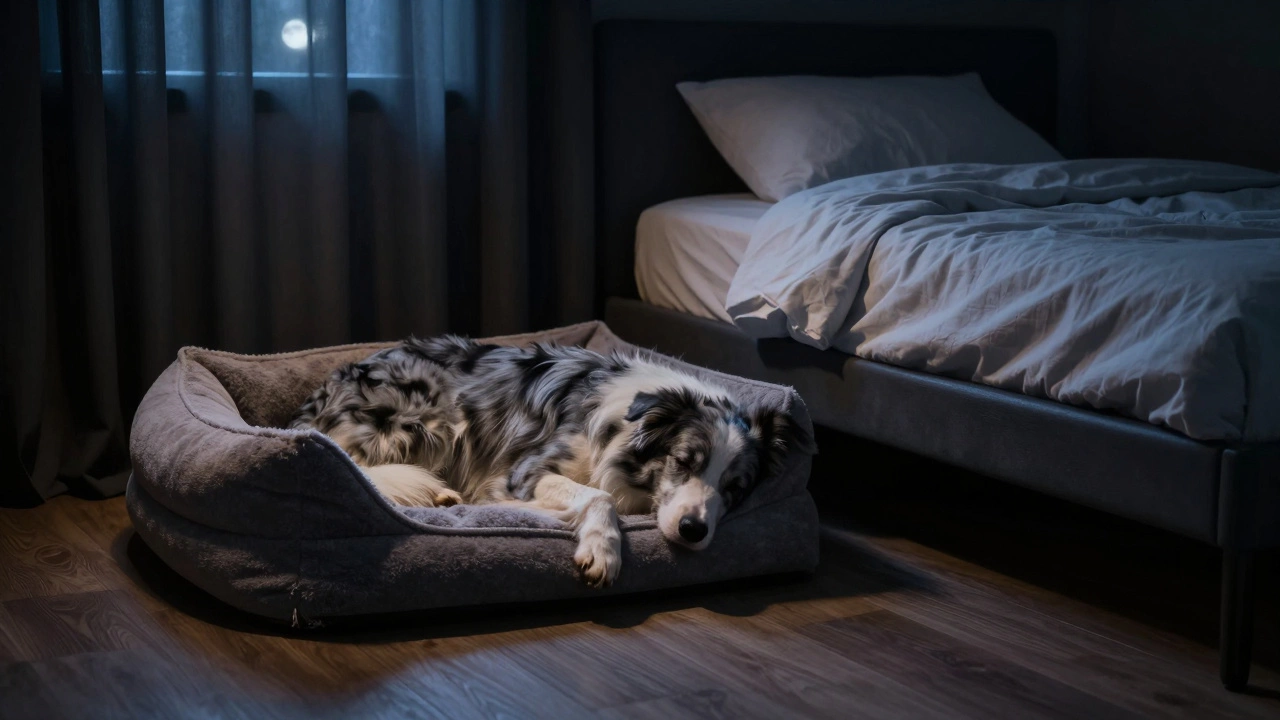Stop Biting: Simple Ways to End Nipping and Chewing
Got a puppy that loves to nip at your fingers? Or a dog that bites during play? You’re not alone – many pet owners deal with this. The good news is you can change the habit without harsh punishment. Below are easy, real‑world steps that work for most dogs and puppies.
Understand Why the Bite Happens
First, figure out what’s driving the bite. Puppies often bite because they’re teething, bored, or trying to get your attention. Older dogs might nip if they’re anxious, overstimulated, or guarding something. Watching the moment before the bite gives clues: Is it during tug‑of‑war? After a loud noise? Once you know the trigger, you can target the right solution.
Teach the “Leave It” and “Gentle” Commands
Start with a calm environment and a favorite toy. When your dog grabs the toy gently, say “good gentle” and reward with a treat. If they snatch it hard, say “no bite” and replace the toy with something softer. Consistency is key – repeat the cue every time they use their mouth correctly. Over time they’ll associate gentle mouthing with praise and hard bites with a lack of reward.
Another trick is the “leave it” command. Hold a treat in each hand, show one hand, then close it and say “leave it.” When the dog backs off, open the hand and give the treat from the other hand. This builds impulse control and teaches them to stop an action on cue – perfect for stopping sudden nips during walks or play.
While you’re training, give your pet plenty of chew‑appropriate toys. Rubber bones, rope toys, and frozen carrot sticks satisfy the urge to chew without damaging your shoes or hands. Rotate the toys every few days to keep interest high.
If a bite does happen, stay calm. Yell or pull away aggressively often makes the dog more excited. Instead, let out a sharp “ouch!” and stop the interaction for a few seconds. Walking away teaches that biting ends the fun.
For dogs that bite out of anxiety, create a safe space where they can retreat. A crate or a quiet corner with a comfy bed lets them decompress. Pair the space with a chew toy so they learn to self‑soothe without using your hands.
Finally, be patient. Changing a habit takes time, especially if the bite has been reinforced for months. Celebrate small wins – even a few seconds of gentle play is progress.
By understanding the why, using clear commands, and providing proper chews, you’ll see fewer bites and more happy play. Keep sessions short, consistent, and fun, and your pet will soon learn the right way to use their mouth.
When Do Puppies Stop Biting and How to Handle It
Puppies are adorable bundles of energy, known for their playful biting. Most puppies usually stop biting around the ages of six to seven months. This guide delves into various stages of a puppy's life, providing tips on how to curb biting habits and the reasons behind those sharp, little bites. Owners will also learn effective methods to encourage positive behaviors and ensure a smooth transition to adulthood for their furry friends.






